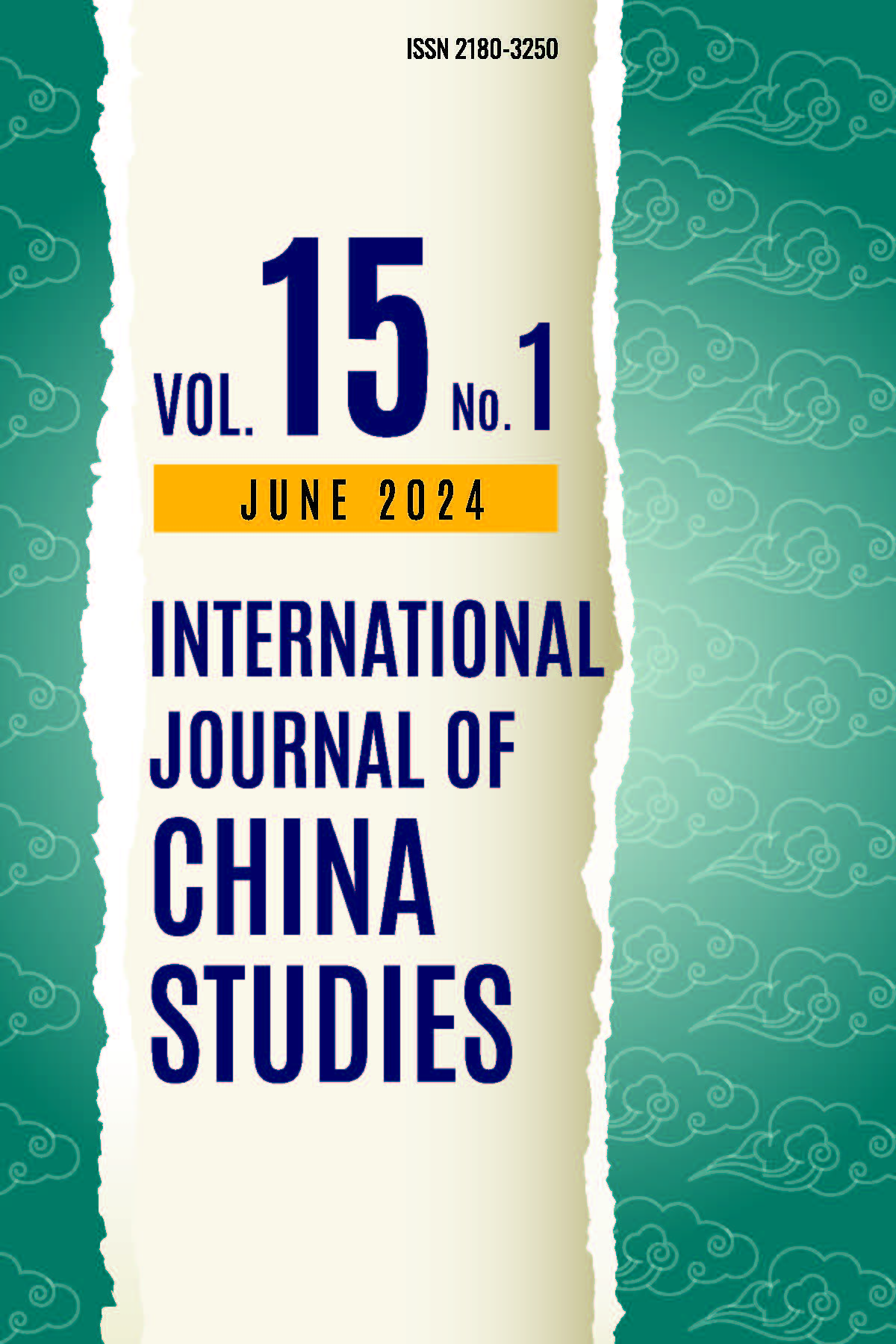Exporting Autocracy via BRI? Experiences from Southeast Asia
Abstract
While most agree that China’s Belt and Road Initiative is an ambitious strategy to maximise its geopolitical position worldwide, policymakers and scholars have questioned whether the BRI implies an attempt to promote Beijing’s governance model. This article takes a political economy approach to analyse the domestic political dynamics of the recipient countries. Political elites tend to employ available incentives to consolidate their winning coalitions if their political survival is threatened. A regime under transition is vulnerable to external influence during political competition, and the “convenient” money from Beijing becomes an offer that the ruling elites of recipient states cannot decline. Consequently, such external influence indirectly undermines the regime dynamics of recipient states. The case studies of four Southeast Asian states — Cambodia, Malaysia, Indonesia, and Thailand — offer supportive evidence for this explanation.

